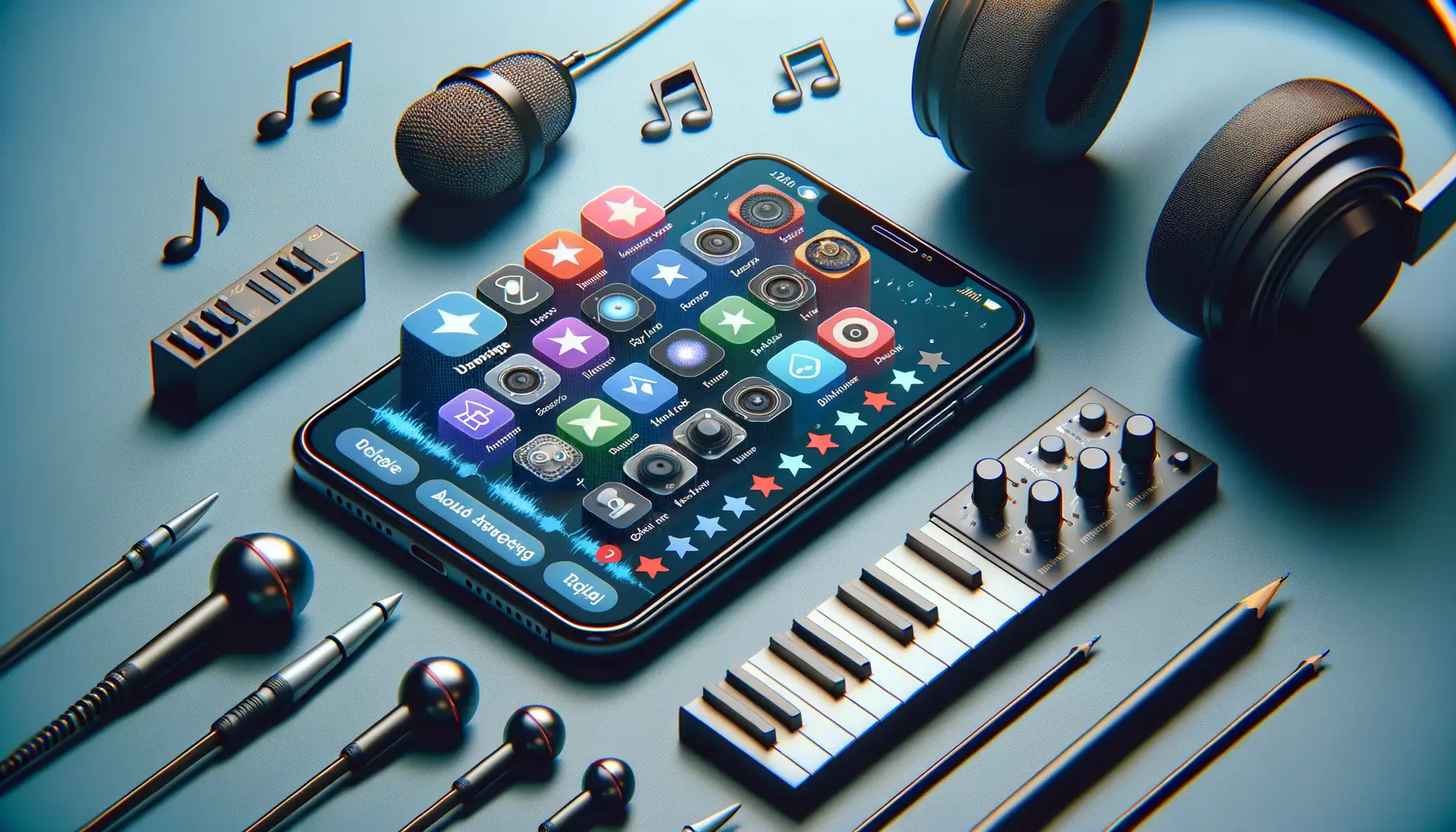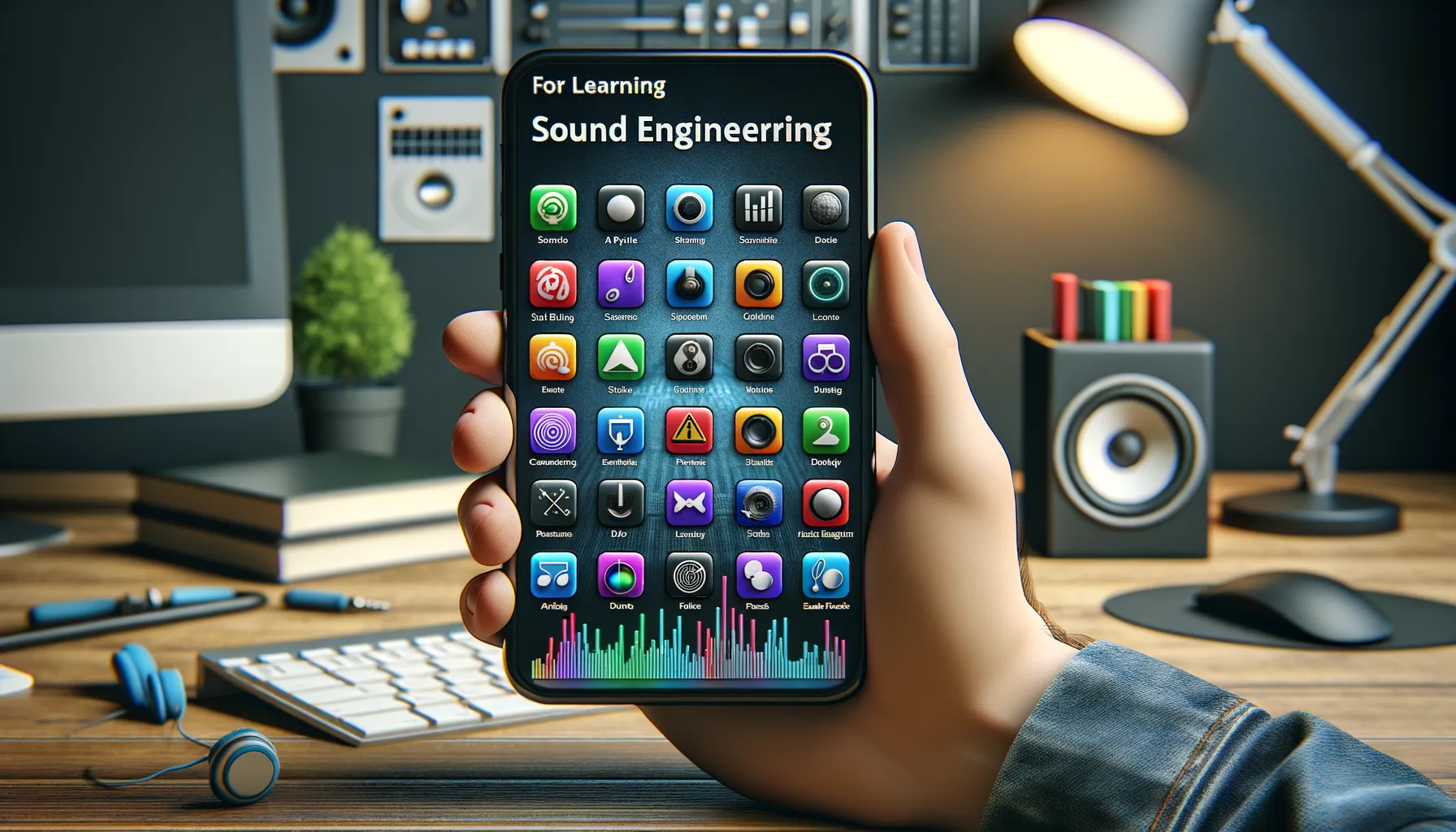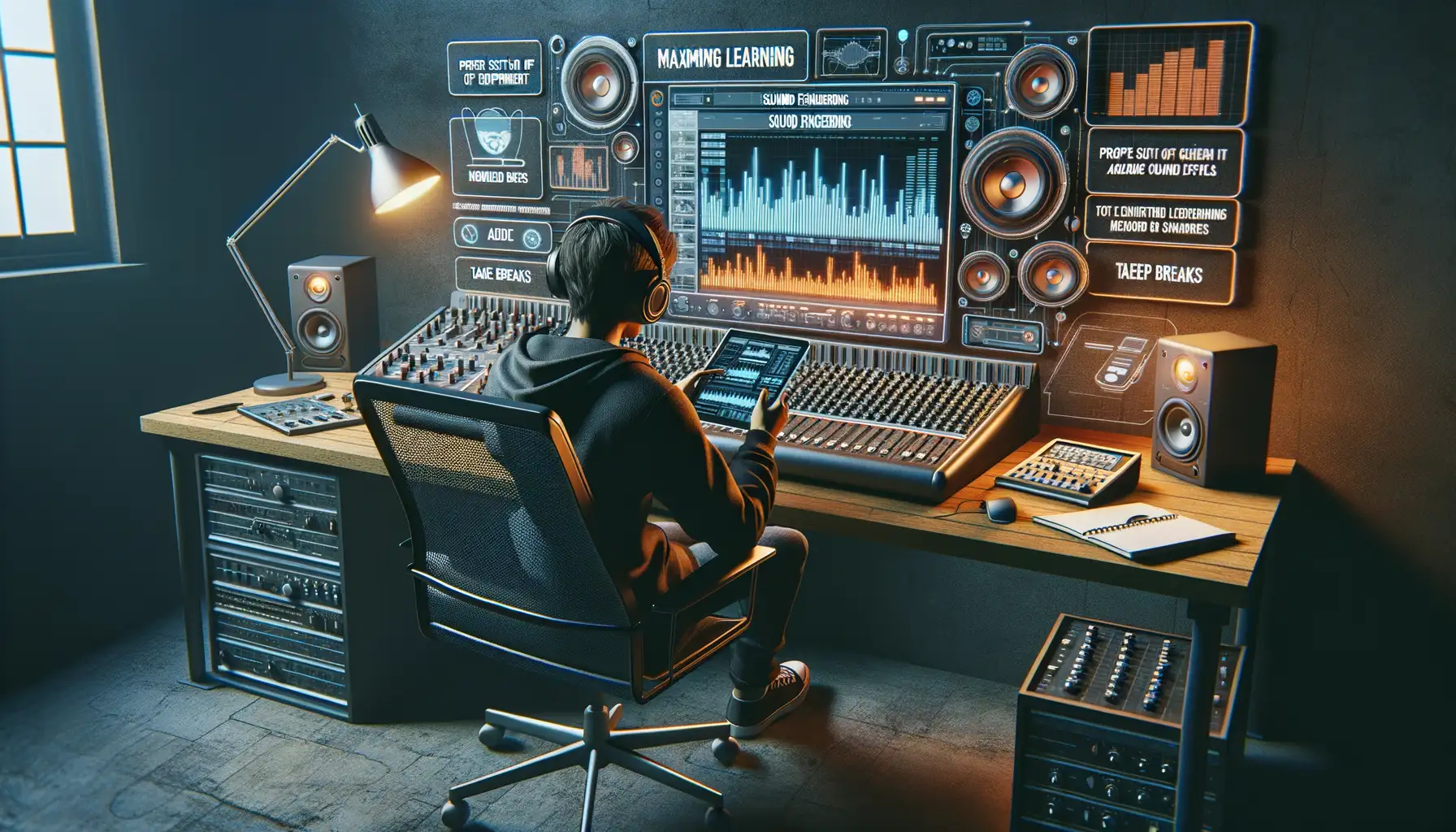Introduction to Sound Engineering and Its Importance
What Is Sound Engineering?
Imagine shaping sound the way an artist sculpts marble, creating vibrant symphonies from what begins as raw noise. That’s essentially what sound engineering is all about! It’s not just about pushing sliders on a mixing board—it’s a craft that combines science, art, and a sprinkle of magic. From recording crystal-clear vocals in a cozy studio to designing awe-inspiring soundscapes for blockbuster films, sound engineers are the unseen heroes molding our auditory world.
Ever wondered how your favorite song sounds so perfectly balanced? Or how explosions in action movies shake walls but never muffle the dialogue? It all traces back to clever tweaking by sound engineers who know exactly how to play with frequencies, layers, and timing.
Why Sound Engineering Matters
Sound is everywhere. It’s in the thrill of live concerts, the serenity of nature documentaries, and the adrenaline-pumping rush of video games. Here’s why understanding sound engineering is crucial:
- Crafting Emotion: A well-balanced melody or expertly mixed sound effect can evoke tears, joy, or heart-stopping excitement.
- Improving Clarity: Skilled mixing ensures every note and word reaches your ears with pristine precision.
- Endless Creativity: Want to turn rain into rhythm or footsteps into thunder? The possibilities in sound engineering are limitless!
Criteria for Choosing the Best Mobile Apps for Sound Engineering

What Makes an App Stand Out for Aspiring Sound Engineers?
Choosing a mobile app for sound engineering isn’t just a casual download—it’s like picking the perfect tool to sculpt your sonic masterpiece. The right app should inspire creativity while offering practical, hands-on learning. So, how do you separate the game-changers from the forgettable ones?
First, think about the features. Look for apps that combine functionality with finesse:
- High-quality audio tools: Whether it’s EQ settings, multitrack editing, or noise reduction, these are non-negotiables.
- Interactive learning modules: Tutorials and step-by-step guidance that feel less like a textbook and more like a personal mentor.
- Device compatibility: No one needs a glitchy experience slowing them down. Make sure it works smoothly on your phone or tablet.
But let’s not stop at features. Usability is king! Ask yourself: Does the app blend power with intuition? If you have to wrestle with clunky menus or cryptic icons, it’s a buzzkill. A truly great app makes you feel like an audio wizard, even if you’re just starting out.
Creating Magic for Every User
Some apps are built for seasoned pros. Others cater to beginners. The sweet spot? An app that offers flexibility—one that challenges you to grow without overwhelming you right out of the gate. It should meet you where you are and then gently nudge you toward mastery.
Finally, don’t ignore the extras. Many apps come with bonus resources like access to community forums, frequent updates with new features, or even integrations with other tools you love. These can take your learning to the next level. Choose wisely, and watch as your sound dreams turn into reality!
Top Mobile Apps for Learning Sound Engineering

Learn Like a Pro with These Game-Changing Apps
Ready to dive into the world of sound engineering but not sure where to start? Don’t worry, your smartphone’s got you covered! These incredible apps bring professional-level tools and knowledge right to your pocket. Say goodbye to overwhelming textbooks and hello to intuitive, interactive learning experiences.
- Auria Pro: This app is like having a recording studio in your hand! Whether you’re mixing tracks or mastering audio, Auria Pro offers a sleek interface and advanced features that let you experiment like a pro. It’s perfect for both beginners and seasoned engineers.
Quiztones: Ever feel like your ears are playing tricks on you? Quiztones sharpens your listening skills with fun EQ and frequency quizzes. It’s not just educational—it’s addictively challenging! Mixing Station: Designed for live sound enthusiasts, this app syncs with many digital mixers to give you remote control. You’ll feel like a magician tweaking setups straight from your phone.
Why These Apps Stand Out
What makes these apps shine is their ability to cater to different learning styles. Visual learners can explore waveforms and spectrograms, while hands-on tinkerers can play with real-time adjustments. Take GarageBand, for instance—it merges creativity with learning so seamlessly, you’ll forget you’re studying.
These apps also turn downtime—waiting in line or during your commute—into valuable learning moments. If that’s not efficiency, what is?
Benefits of Using Mobile Apps for Sound Engineering Education

Why Mobile Apps Are a Game-Changer for Sound Engineering Enthusiasts
Imagine this: you’re sitting in a café, earbuds in, tweaking EQ levels on a sample track right from your phone. Isn’t that the dream? Mobile apps have revolutionized how we learn sound engineering. They bring studio magic right to your pocket, turning downtime into prime learning opportunities.
With mobile apps, you’re no longer tethered to bulky equipment or expensive software. Instead, these apps give you access to tutorials, virtual mixers, and even real-time feedback—all at your fingertips. It’s like having a portable studio and a personal mentor rolled into one.
- Convenience: Whether you’re commuting, lounging at home, or waiting for a friend, apps let you practice whenever inspiration strikes.
- Interactive Learning: Many apps include immersive features like drag-and-drop waveforms, virtual mixing consoles, and hands-on audio processing simulations.
- Affordability: Who needs $1,000 gear when apps like GarageBand or Pro Tools First offer powerful functionality for free or at a fraction of the cost?
Learn Anywhere, Create Everywhere
Mobile apps break down barriers. Learning used to require pricey sessions in studios—now you can experiment with pitch correction or reverb techniques while standing in line for coffee. The immediacy is incredible. You make adjustments, hear results instantly, and refine your skills on the spot. The best part? This flexibility fosters creativity wherever you go.
Tips for Maximizing Learning with Sound Engineering Apps

Experiment and Play: Learning by Doing
Let’s be honest—sound engineering isn’t just a skill; it’s an art. And the best way to master any art form? Dive in headfirst! Instead of simply watching tutorials or skimming through app features, become an *active* learner. Tinker. Push those virtual faders. Twist those EQ knobs. See what happens when you overdo the reverb (spoiler alert: chaos!). Many sound engineering apps, like GarageBand or FL Studio Mobile, come packed with tools for trial-and-error exploration. Embrace it!
To get the most out of your app adventures, try this:
- Create one mini-project each week. It could be as simple as recording an acoustic guitar or layering fun sounds from your surroundings.
- Rebuild a favorite song from scratch. Apps often include preloaded instruments—use them to mimic the pros!
Lean Into the Community Vibes
Guess what? You’re not navigating this universe alone. Most top-tier apps integrate directly with thriving online communities. For example, Ableton Note syncs beautifully with Ableton Live’s global user base, where creators share projects and tips. Join these forums or even smaller Reddit groups. Ask questions, download project files, and swap advice. You’ll be amazed at the shortcuts and creative tricks you can pick up from others who’ve already walked your path.
Learning becomes so much richer when it’s shared. After all, making music is about connection—why not start that process early?

